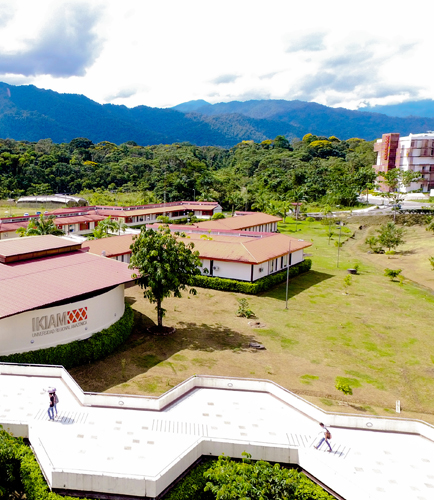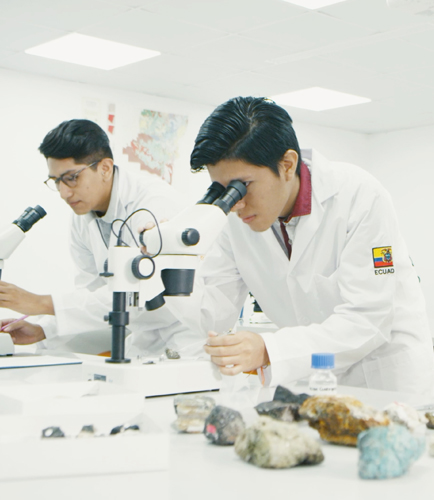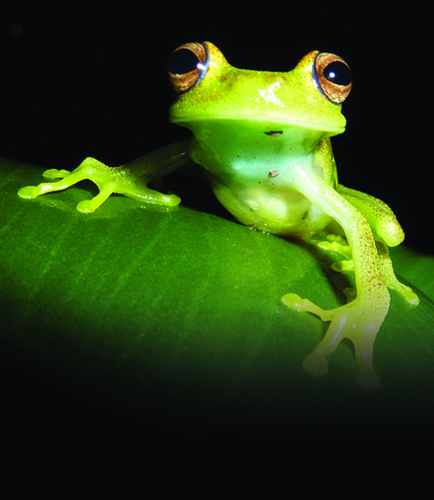


WHO WE ARE
Universidad Regional Amazónica Ikiam is a public university founded in 2013 and located in the Ecuadorian Amazon. Its objective is to generate knowledge on conservation and sustainability, as well as on forming a future generation of interdisciplinary engineers. The university’s name, Ikiam, comes from the indigenous shuar language and means “forest”, and is destined to contribute to the transformation of social structures, environmental productivity in order to form future professionals with the capacity and knowledge to answer growing and urgent needs for societal development.
Natural richness is one of the fundamental pillars of Academia, and Ikiam has a unique and strategic location in the heart of the Amazon, as a unique university with a natural laboratory, the Colonso-Chalupas Biological Reserve. Ikiam has four separate schools, and the School of Life Sciences is conformed by two careers/majors: Biotechnology Engineering and Ecosystems Engineering.
Biotechnology Engineering forms professionals with a wide range of profiles in looking for productive and common solutions to sustainable production and development using biotechnological tools. Areas of specialization are agricultural biotechnology, sanitation, environmental and industrial biotechnology, bioengineering, biomaterials, among others.
With an excellent technological capacity installed in our laboratories and highly prepared professionals, Biotechnology Engineering trains students in handling novel techniques in biotechnology with the use of new omics techniques, nanotechnology, discovery of biomolecules with production potential, all aimed towards increasing development and productivity at local, regional, and international levels.
Ecosystems Engineering trains students in gaining expertise for designing and implementing multidisciplinary strategies for studying, managing, restoring, and conserving neotropical ecosystems from a scientific, technological, and participative perspective. Ecosystems engineers are professionals capable of proposing solutions to diverse human problems in order to harmonize with the threatened environment. Furthermore, they generate knowledge on biodiversity, management, and conservation of natural resources, as well as environmental management, human dynamics, and other subjects of interest to the sustainability of neotropical ecosystems.